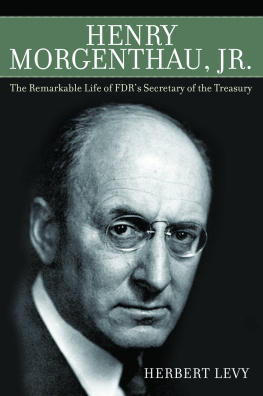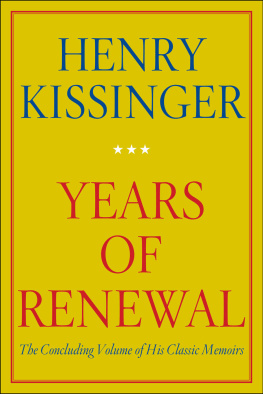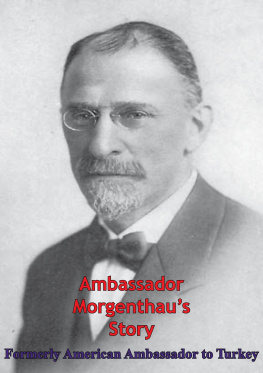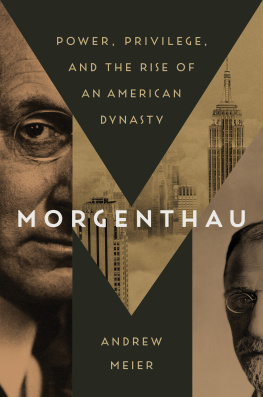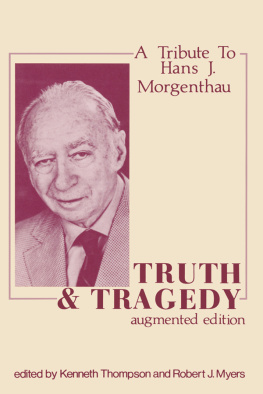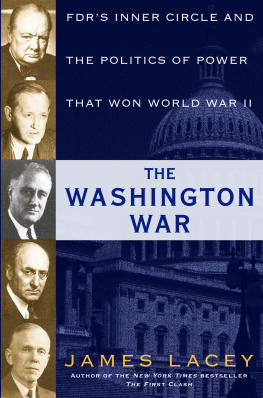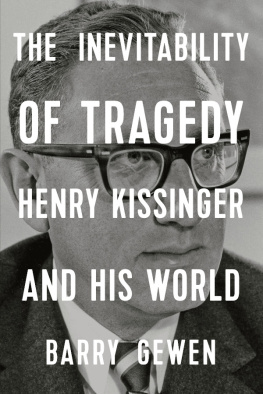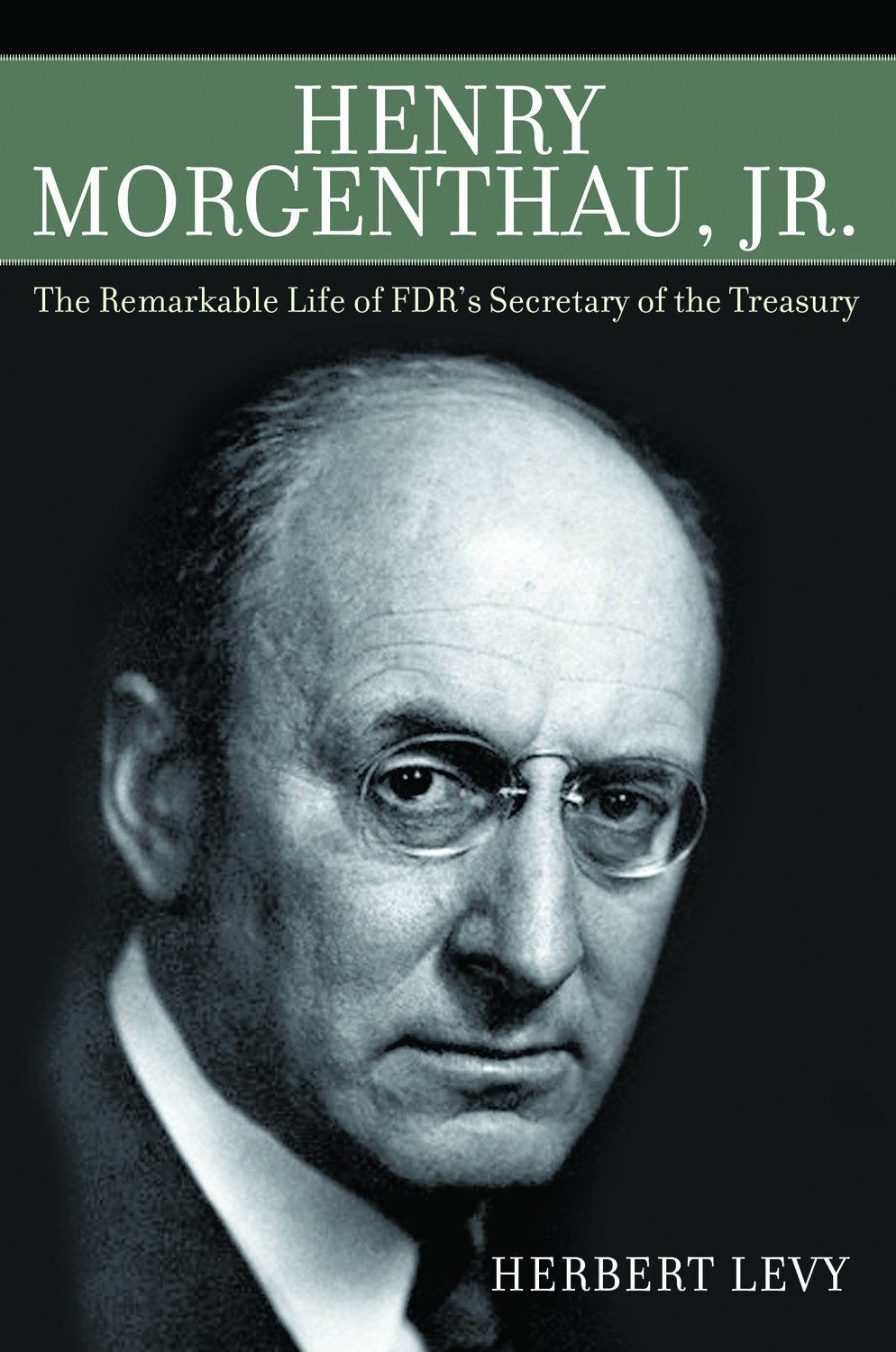The New York Times , Wednesday, October 15, 2003, Honor the Uprooted Germans? Poles Are Uneasy, A3.
Historians are now exploring the extent to which nationalism among the ethnic groups in central and Eastern Europe after World War I reflected nothing so much as an exclusivity of particular ethnic groupings and a rejection of an eighteenth-century belief in the universality of the human species. For a summary of these ideas, see: The New York Times , Saturday, May 31, 2003, B9, columns 3-5, etc.; see, also: Kraushar, A., Jacob Frank: The End to the Sabbatian Heresy [tr. from Polish], ed. Herbert Levy, Lanham: University Press of America, 2001, A Note for the General Reader, 2, n. 3: This provincialism emerged in Central and Eastern Europe during the period of the First World War under the seemingly democratic concept of ethnic (or nationalist) self-determination as contrasted with the archaic, autocratic rule of Russia and Austria.
Ickes, Harold, The Secret Diary of Harold Ickes, New York: Simon & Schuster (1954), II.
The New York Times , Op-Ed, Wednesday, October 26, 2005, A27, Future Shock at The Fed, col. 3.
Apparently, another factor might be considered. Harold Ickes noted in his Secret Diary, I:124, that Secretary Woodin has wanted to resign but the President hasnt permitted it... the President said that he believed that Woodin was the best-loved man in the Cabinet. This suggests the president had not settled on a successor and was playing for time to come to a decision.
Morgenthaus fate, had he been brought up in Europe after World War I, is suggested by the short life of another young man, living in Warsaw, Poland, who also looked to spend his life as a farmer. Young Stanislaw Mesz was also the scion of wealthy parents. His father, Natan Mesz, was an X-ray diagnostician in an era when X-rays were the sole diagnostic technique available to surgeons. Madame Mesz entertained regally. Her guests included a minor Polish general. In his uniform with a flag officers medals, he graced her table with the aura of those Polish Eagles who, in 1920, routed the Red Army on the Central Front and recovered hundreds of square miles of territory once part of the historic Polish Realm. One imagines the general flattering the adolescent scion of the family, treating him as a grown-up and a personal friend with remarks suggestive of a special male intimacy.
After the German occupation of Warsaw in the autumn of 1939, before they started to clamp down on the Jewish population, the Meszs middle child Janina and her husband, together with her younger brother, decided to try their luck traveling east to Soviet-occupied areas. No doubt, Dr. Mesz gave them generous amounts of money. During the winter of 1939-40, they found themselves in Brest-Litovsk, tolerated by the Soviet authorities so long as they had money. Apparently, their prospects looked bleak because they decided to send a radiogram to an American cousin with whom their father had kept up a correspondence over a period of years.
The young people found someone who could compose a message in English, asking for three American visas. Cruelly, the radiogram was somehow garbled. The American cousin understood it as requesting visas only for Janina and her brother. With the probable help of his congressional representative, the cousin secured the visas. Malevolence was stalking the streets and it seemed inconceivable to them that the absence of a visa for Janinas husband was due to anything more than dumb luck, correctable once they reached the New World. So neither used the American visas.
Later, Stanislaw was in a Soviet labor camp when he learned a Polish military contingent had been formed by the Russians, commanded by his parents great friend, the general. If he left the camp, there was no return. However he rationalized his decision, Stanislaw left the camp and made his way to the Polish unit, where the general received him. Stanislaw asked to enlist under the generals command. The story that came back to Stanislaws older sister after the war ended was that the general responded he would accept Stanislaw if he gave the general a piece of his mothers jewelry. (One of her lost bracelets was described to me. Its centerpiece was a huge square of clear amber, so prized in Central and Eastern Europe, in which was visible a perfectly preserved ancient fly.)
Apparently, Stanislaw was so taken aback, he blurted out the truth without cosseting it in the expectation his mother would gladly give the general what he wanted once they returned to Warsaw. With that, the general dismissed him. Eric Hoffer writes, There is a deep reassurance for the frustrated in witnessing the downfall of the fortunate ( The True Believer, New York: Harper and Row, First Perennial Library Ed. (Reset 1989), 98). The young man was cast into a dangerous and savage world that offered no refuge. With what little money remained from his father, he bought a can of lard, explaining to people as he slowly starved to death, he was keeping it to give to his mother.
... life is animated for good and for ill, by ideas... and a scrupulous regard for reality is the necessary accomplice of any genuine intellectual pursuit. Guy Davenport. The New Criterion , 22:6 (February, 2005), 1.
The New York Times , Friday, June 13, 2003, A4, Peenemunde Journal: Where Rocketry Is Honored, Rubble Is Remainder.
Mike Hawkins writes ( Social Darwinism in European and American Thought, 1860-1945 , Cambridge University Press [1997], 4):... the expression survival of the fittest was coined by Herbert Spencer rather than Darwin, and only adopted by the latter from the fifth edition of [ On the Origin of Species ] 1869... See, also: Hofstadter, Richard, Social Darwinism in American Thought , Boston: Beacon Press (1948/1992), 39.
For a brief discussion of Darwins sense of social morality, see Hofstadter, op. cit., 91.
Op. cit. , 199.
Social Progress and the Darwinian Theory , New York: G. P. Putnams Sons (1916), various pages given by Hofstadter.
Hofstadter, op. cit., 188.
Mahan, Alfred Thayer, The Interest of America in Sea Power, Present and Future, Boston: Little Brown & Co. (1898), 18.
Hofstadter, op. cit., 197.
Von Bernhardi, Friedrich, Germany and the Next War , New York: Charles A. Eron (1914), tr. Allen H. Powles, 18, 19, 20. The first quoted translation actually used by Hofstadter is so free that it might be labeled as suggested by.
Ibid., 23.
Ibid., 24.
Ciechanowski, Jan, Defeat in Victory , New York: Doubleday & Company (1947), 205.
The Faulkner Reader, New York: Random House (1954), 4.
Nansen, Odd, From Day to Day , New York: G. P. Putnams Sons (1949), 413, December 14, 1944.
The New York Times , Tuesday, November 7, 2006, A3.
The New Yorker , January 8, 2007, Die Weltliteratur (tr. Linda Asher), 28, 30.
Hawkins, op. cit., 304.
Hofstadter, op. cit. , 186.
Adams, Brooks, The Law of Civilization and Decay , New York: The Macmillan Co. (1896), ix.
See: Edman, I., ed., The Philosophy of Santayana , New York, Random House, Modern Library Ed. (undated), 382.
Ibid ., 383.
Ibid ., 386.
Ibid ., xl.
Ibid ., xl, xli.
Hoffer, Eric, op. cit., 93-94, par. 68.
Dollard, John, Caste and Class in a Southern Town , Madison: The University of Wisconsin Press (repr. 1988).
Hawkins, op. cit. , 304.
Wilson, Edward O., On Human Nature , Cambridge, MA: Harvard University Press (1978), 111.
It seems endemic in the human species to try to integrate theories about the natural world with contemporary fashions in sociological ideas. A twenty-first-century author writes: moral emotions make sense only as products of evolution (italics added). He defines moral emotions by saying, [P]eople simply do perceive sacredness, holiness or some ineffable good in others and in nature (italics in original). Haidt, Jonathan, The Happiness Hypothesis , New York: Basic Books (2006), 98, xiii.

